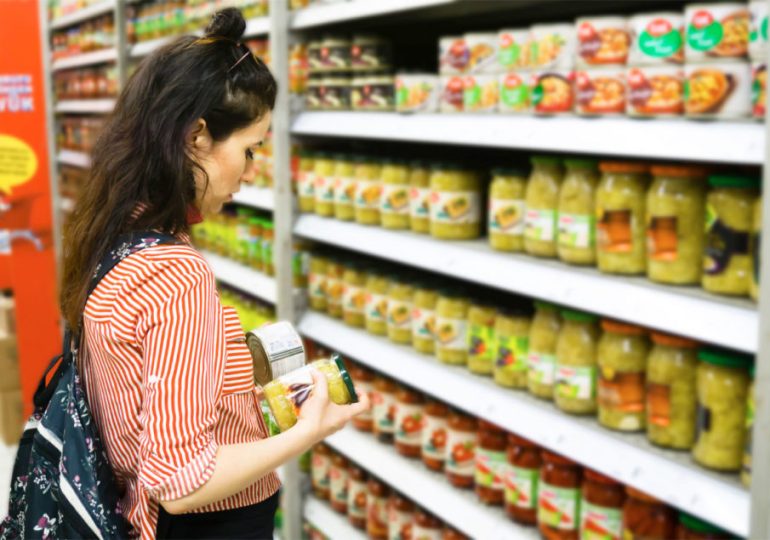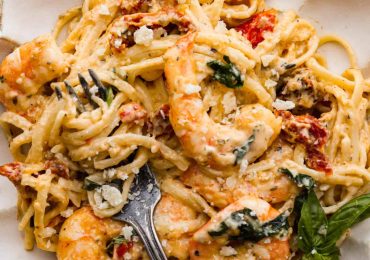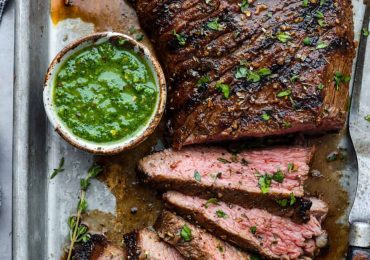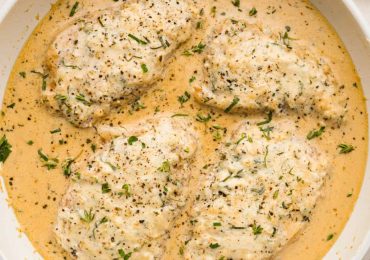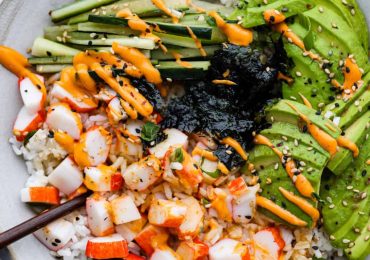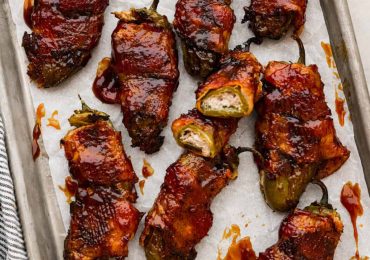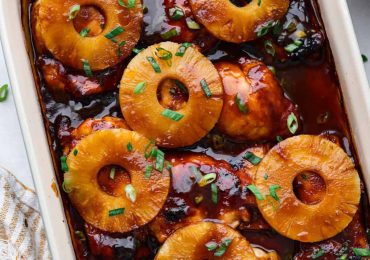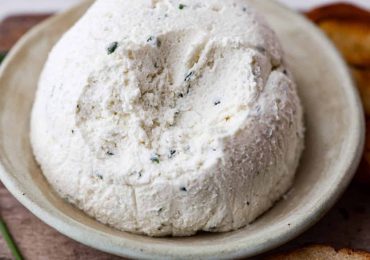
ARLINGTON, VA. — Private label offerings are continuing to benefit from increased adoption during the pandemic and higher grocery prices, according to recent data from FMI – The Food Industry Association.
The firm’s “Power of Private Brands 2023” report found that over 95% of consumers are buying private label products at least occasionally, and 46% are buying store brand items most or all of the time. Private label adoption has also increased in the last 12 months, with 61% of shoppers saying they have purchased more store brands this year versus just 26% stating they have bought more name brand products.
“Shoppers are definitely more upbeat about private brands,” FMI said. “The feedback indicates that accelerated private brand trial during the COVID-19 pandemic is having enduring positive impacts.”
Increased store prices are additionally causing some consumers to shift away from branded products. More than 50% of shoppers report noticing higher grocery prices in the past several months, and nearly 40% of those respondents said they’ve begun to buy more store brand items as a result. Private label products also are becoming a larger consideration when choosing what store to shop at. Over half of consumers (53%) say private label offerings are very or extremely important in determining where they shop, marking a steady increase from 35% in 2016 and 46% in 2019.
Dollar sales of private labels grew 8.3% in the first half of 2023 ended June 25, according to data from Circana, and dollar share rose to a record high of 18%. Unit sales declined 1.2%, but unit share reached a high of 22.5%. Categories generating the largest private label sales include fresh eggs at $2.9 billion, up 55% in dollar sales year-over-year, bottled water at $1.2 billion, up 18%, and natural cheese at $970 million.
“Much of the private brand growth is likely due to inflation and the challenging economic landscape,” FMI said. “However, the gains are also about more than just price. Consumer trial of private brands has increased considerably since the pandemic began, and many shoppers relay positive perspectives about these brands.”
While consumers primarily cite lower prices and good value as the main reasons for purchasing private labels, quality and taste are becoming larger factors. The growth in importance of these qualities may signal increased staying power for private label products, which shoppers view as just as good as branded products at providing healthier and better-for-you options, trusted products and sustainable offerings.
In fact, 54% of shoppers expect to buy private brands somewhat or much more, and 90% say they are somewhat or very likely to keep buying private labels even if grocery prices decline. Meanwhile, just 26% of consumers expect to buy more name brands, and 24% say they plan to buy less.
Popular segments for expected growth in the next 12 months include salty snacks, packaged breads, milk/non-dairy substitutes, packaged and canned foods, frozen foods and condiments.
“Price remains an important purchase driver, but shopper decisions about private brands go well beyond price,” FMI said. “It will be important for the food industry to drive further private brand trial, convert more shoppers to frequent private brand buyers and understand changing shopper notions of value.”
